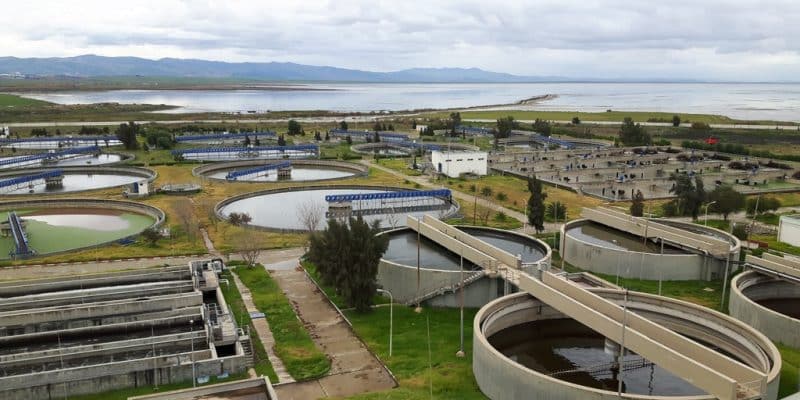In Algeria, the government plans to increase the treatment capacity of the El-Kerma wastewater treatment plant, located in the Mediterranean city of Oran, with a view to improving the supply of irrigation water to the Mleta plain. At least 2 billion Algerian dinars (nearly 14 million euros) will be allocated to this project, according to the Algerian Minister of Hydraulics, Taha Derbal.
The Mleta agricultural perimeter could soon be adequately supplied with irrigation water. This is thanks to the project to redevelop the El-Kerma wastewater treatment plant, which will shortly be implemented in the Algerian city of Oran. The initiative was presented on 15 January 2024 by the Algerian Minister of Hydraulics. Taha Derbal also announced the release of 2 billion Algerian dinars (around €14 million) to finance the various works planned for the El-Kerma wastewater treatment plant.
According to the Algerian authorities, the project will involve renovating 9 km of the plant’s pumping pipe. This work will require a third of the 2 billion Algerian dinars recently announced by the government of the North African country. The second part of the effluent recovery project involves equipping the El-Kerma plant to the tune of 0.5 billion Algerian dinars.
Reusing treated wastewater for irrigation
This work should make it possible to increase the current treatment capacity of the El-Kerma wastewater treatment plant, estimated at 90,000 m3 per day by the Société de l’eau et de l’assainissement d’Oran (SEOR), i.e. a third of the plant’s installed capacity of 270,000 m3 per day.
Read Also –
“At El-Kerma, effluent passes through the pre-treatment phase (consisting of screening, grit removal and oil removal), primary treatment via four primary decanters, biological treatment using the medium-load activated sludge process via a set of biological activation tanks and secondary decanters, and tertiary treatment, which consists of disinfecting the wastewater with chlorine”, describes SEOR.
The additional treated wastewater, obtained after rehabilitation work on the El-Kerma plant, will be used to irrigate the nearly 6,700 hectares of land on the Mleta plain. The agricultural area extends to the south of the large Sebkha of Oran, the second largest city in Algeria after Algiers, with an estimated population of 936,000 in 2023. Oran is also renowned for its rich agricultural land.
Inès Magoum




